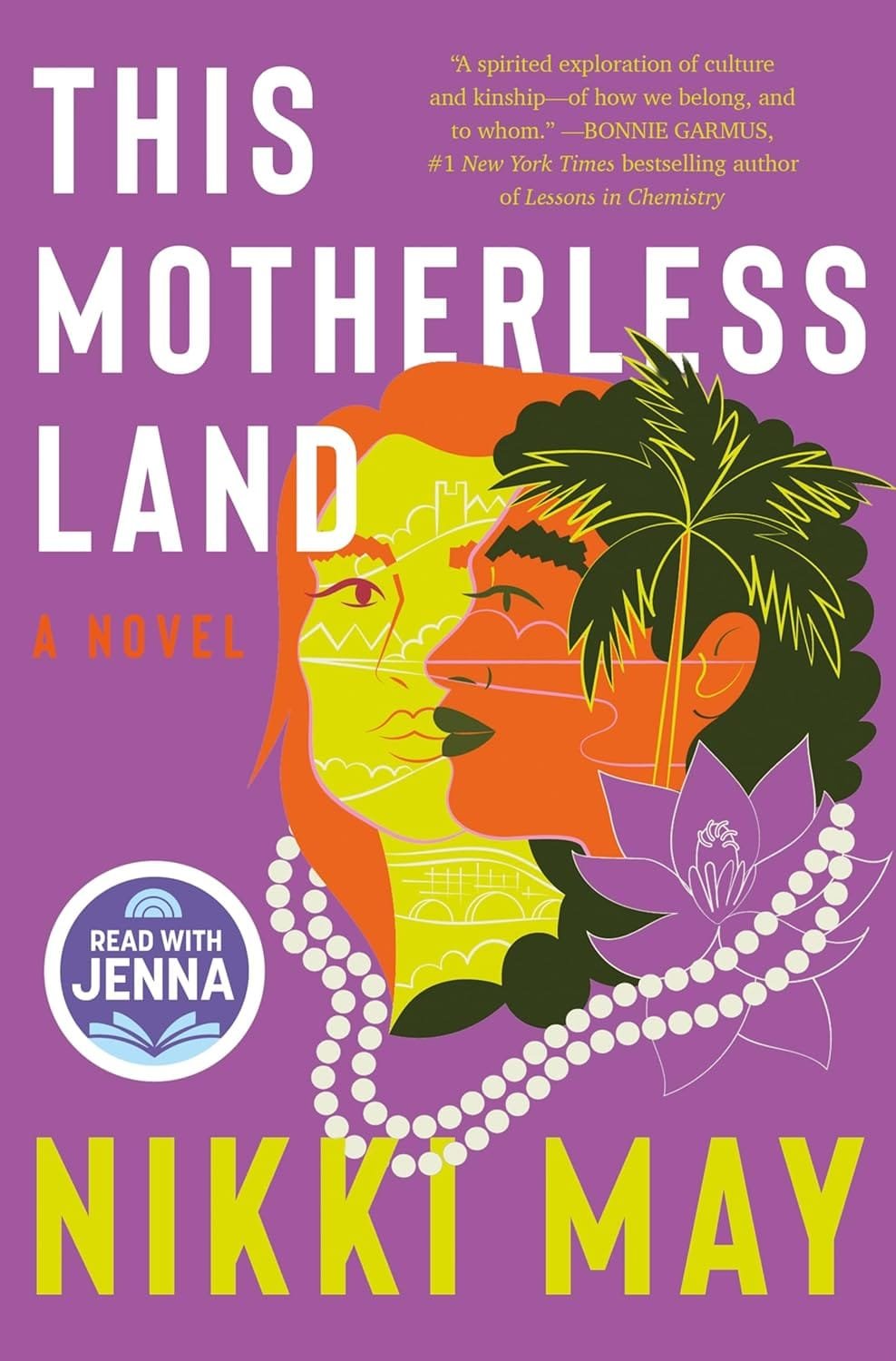An Overview of ‘This Motherless Land’
‘This Motherless Land’ by Nikki May is a poignant narrative that intertwines the complexities of identity and belonging. Set against the contrasting backdrops of Nigeria and England, this novel offers a fresh, decolonial retelling of Jane Austen’s ‘Mansfield Park’. As we delve into the life of Funke, we navigate through her experiences shaped by tragedy, familial expectations, and cultural displacement.

The Journey of Characters
Funke begins her story in a vibrant Nigeria, where she enjoys a loving family dynamic. However, her life takes an unexpected turn when she is sent to England after the death of her mother. The once-cherished stories of her mother’s homeland become shadowed by reality as she confronts her cold relatives and a dilapidated estate. Her bond with her cousin Liv becomes a bastion of warmth amidst her struggles, allowing her to heal from her loss.
The Examination of Cultural Identity
This novel is not just a personal story; it is a sweeping examination of cultural identity and the lingering impact of familial choices. Through the lens of Funke and Liv, readers witness how generational issues and personal ambitions can fracture relationships. As they navigate through their distinct yet intertwined paths, May adeptly prompts us to reflect on our definitions of family and belonging amid societal expectations.
Nikki May’s ‘This Motherless Land’ is an evocative exploration of how the past shapes our present and the challenging yet rewarding journey toward self-discovery. In this rich tapestry of emotions, the characters not only seek to understand their identities but also strive to reconcile the generational wrongs that weigh heavily upon them.


